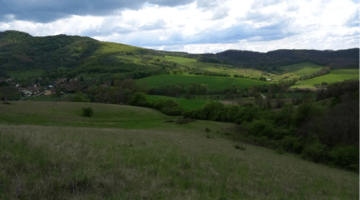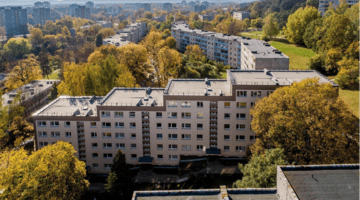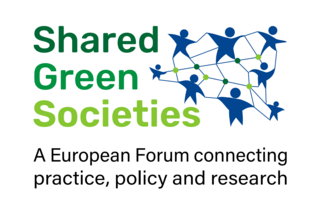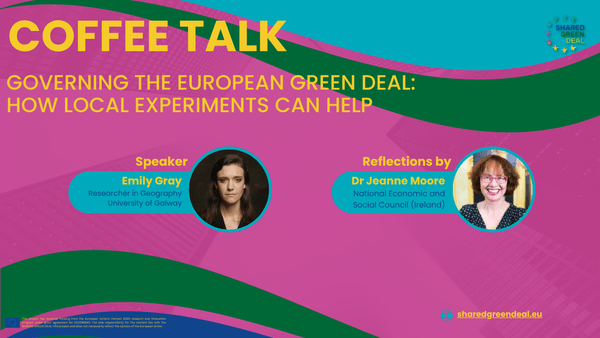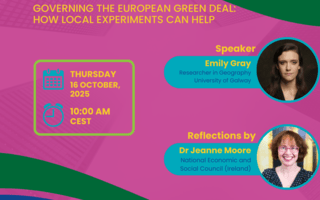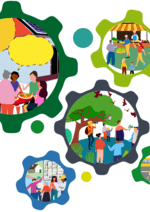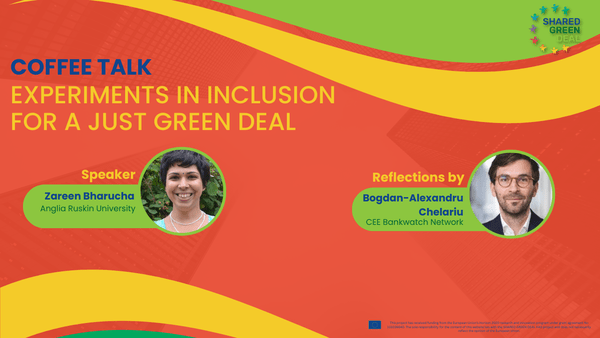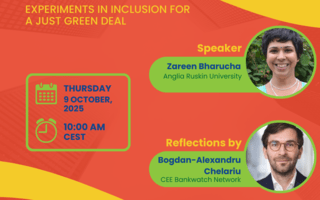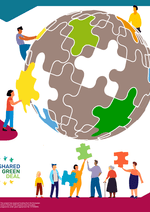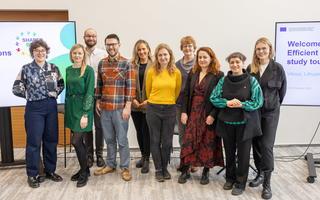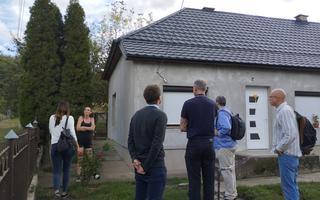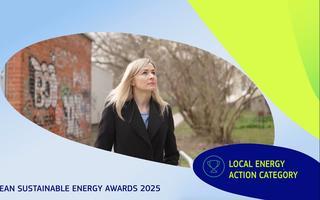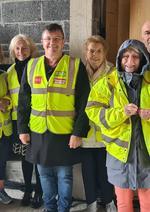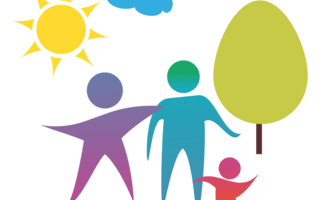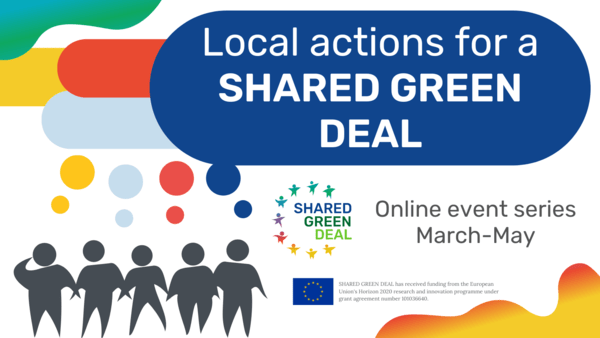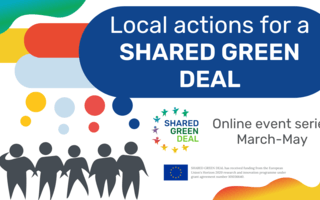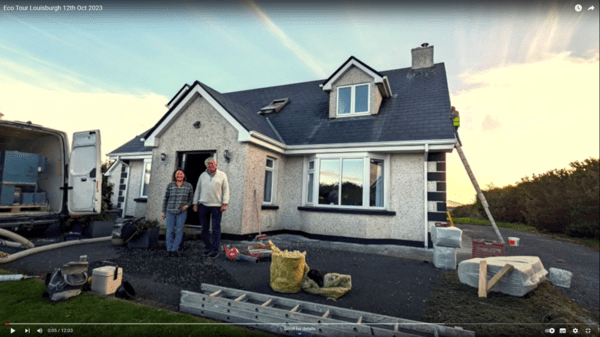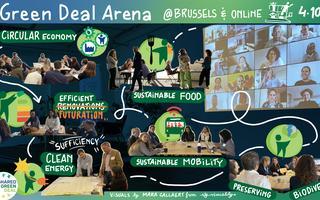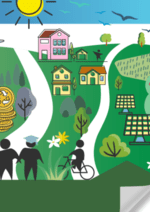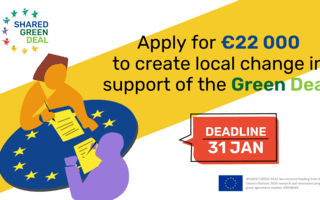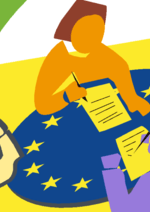Efficient Renovations
Building and renovating in an energy andd resource efficient way
With energy use in buildings accounting for around 40 percent of total energy use in Europe, there is a drastic need to make buildings more energy-efficient. In response to that, as 85 percent of the European building stock was built before 2001 and is typically not energy-efficient, the EU launched its Renovation Wave Strategy and Action Plan in 2020. As all these existing buildings, more than 220 million across the EU, have people living or working in them, the involvement of citizens in this process is essential.
Specific description of action
This experiment stream developed local knowledge networks to share information and skills between citizens and professionals. A total of four such networks were created and focused on: urban energy poverty; rural energy poverty; schools; and care homes for elderly people. While much research and policy effort focus on providing information about renovations, this is often not enough to stimulate new renovations and may not meet stakeholders’ needs.
By engaging residents or users prior to renovations, respecting their skills and wishes, while enhancing their capacities to become active energy citizens, SHARED GREEN DEAL local partners developed and shared knowledge and know-how for the most important stakeholders in all renovations: the residents or users of the buildings.
The knowledge networks consisted of both professionals and citizens and worked to promote energy-efficient renovations through an understanding of their social, as well as technical aspects.
Local partners
In the beginning of 2023, four local partners were chosen to work together with SHARED GREEN DEAL on efficient renovations. The four partners were chosen out of a total of 29 applicants for this stream.
- Habitat for Humanity Magyarország Alapítvány, Nógrád County, Hungary
- Mayo County Council, Louisburgh locality including Clare Island and Inishturk Island, Ireland
- Let's renovate the city, Vilnius, Lithuania
- ECODES, Zaragoza, Spain
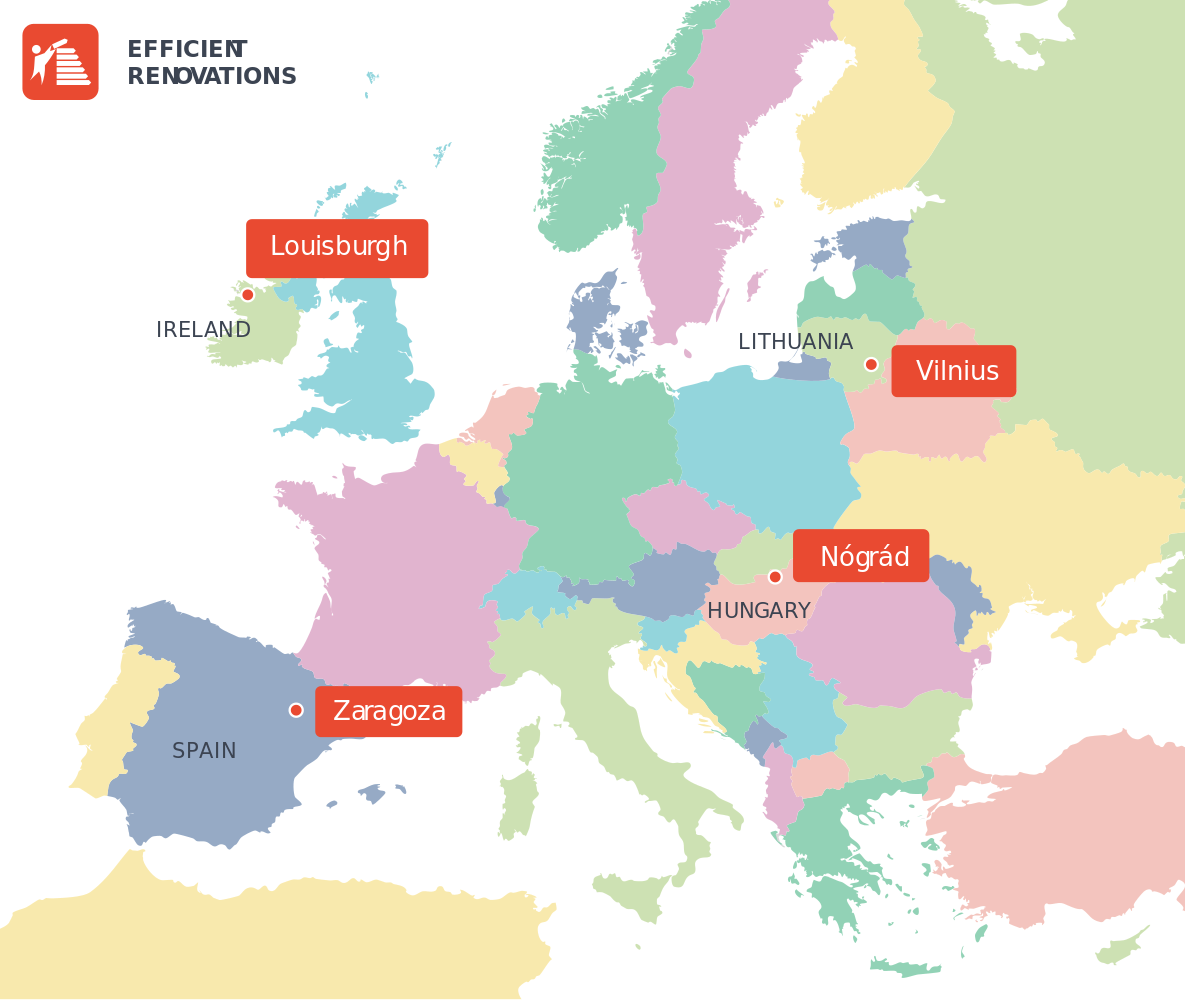
Social sciences and humanities background
The main focus is on change related to knowledge and know-how. Many types of knowledge matter for energy renovations, including factual and technical information; practical and tacit know-how; and cultural understandings. To address socio-cultural, political and techno-economic renovation challenges, SHARED GREEN DEAL will deepen the use of knowledge networks that emphasise the power of social learning through ongoing, interactive, participatory mechanisms.
The underpinnings for the work come from the projects Energy-SHIFTS and SHAPE ENERGY, which found energy poverty to be a powerful common goal for local networks. To support the practical establishment of the local knowledge networks, we will draw on learnings from our partners’ past projects, such as EmpowerMed, which have developed knowledge-sharing collaborations to support vulnerable groups, especially women.
TIMELINE
Case Study Guides
|
Find out more
LEAD PARTNERS ON THE PRIORITY


CONTACT
For further details please contact co-leads Professor Chris Foulds (chris.foulds@aru.ac.uk) and Professor Rosie Robison (rosie.robison@aru.ac.uk).

This project has received funding from the European Union’s Horizon 2020 research and innovation program under grant agreement No 101036640. The sole responsibility for the content of this website lies with the SHARED GREEN DEAL HAS project and does not necessarily reflect the opinion of the European Union.
